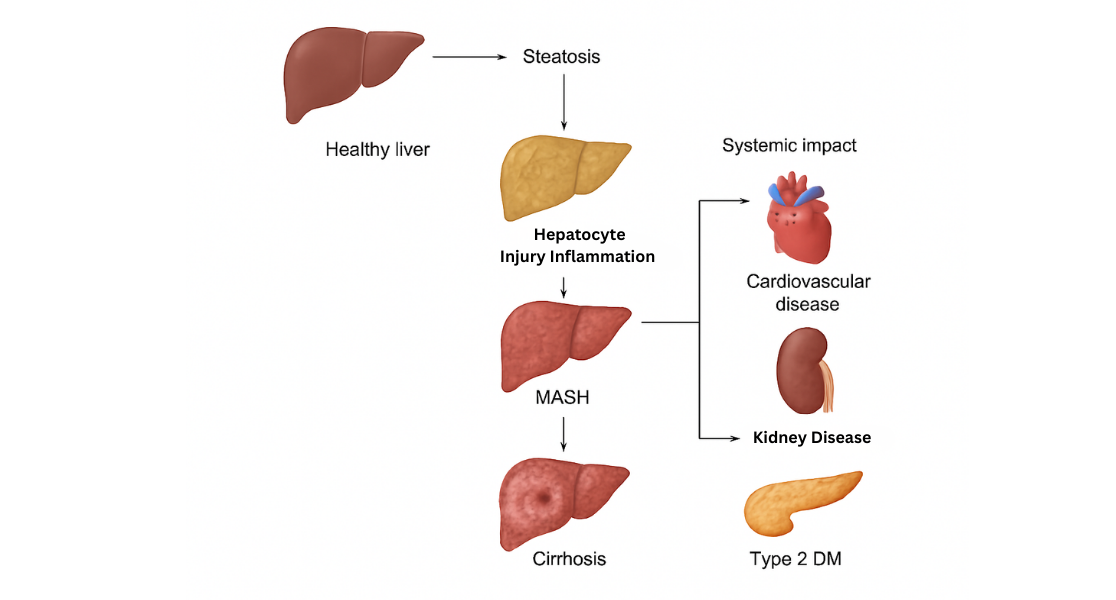Introduction
Millions of people around the globe live with chronic kidney disease (CKD), often unaware of how seemingly unrelated habits like smoking can drastically affect their heart and brain health. Emerging research now reveals that starting to smoke at a young age and accumulating high pack-years of tobacco use markedly increase the risk of life-threatening cardiovascular and cerebrovascular events in people with CKD. In this article, we explore the latest evidence, highlight the silent threats, and share actionable steps to safeguard your well-being.
Why Early Smoking Matters in CKD
Chronic kidney disease weakens the body’s ability to filter toxins and maintain fluid balance, leaving patients prone to heart attacks, strokes, and other vascular complications. Smoking compounds this vulnerability in two critical ways:
- Age at Smoking Initiation
Individuals who light their first cigarette before age 20 show dramatically higher rates of myocardial infarction and stroke compared to those who begin later. Early exposure disrupts vascular development during crucial growth years, setting the stage for long-term harm. - Smoking Intensity (Pack-Years)
A “pack-year” measures smoking exposure (one pack per day for one year equals one pack-year). The more pack-years logged, the more likely a CKD patient face fatal cardio-cerebrovascular diseases (CCVDs). Those with ≥ 20 pack-years and early initiation bear the highest risk.
Unraveling the Alarming Statistics
In a nationwide cohort of nearly half a million adults with CKD followed for nine years, researchers uncovered striking trends:
- Up to Double the Mortality
CKD patients who began smoking before age 20 and kept pack-years under 20 experienced a 93% higher risk of all-cause death than non-smokers. - Cardio-Cerebrovascular Disease Surge
Those with early initiation and ≥ 20 pack-years faced the greatest danger from heart attacks and strokes. - Dose-Response Link
A simple ratio—pack-years divided by age at onset—predicts outcomes. Patients in the highest quartile of this ratio suffered the worst survival rates.
These figures hold even after adjusting for age, gender, lifestyle, kidney function, and other health conditions.
The Biological Mechanisms at Play
Why does early smoking hit CKD patients so hard? Several processes converge:
- Inflammation and Atherosclerosis
Tobacco chemicals trigger chronic inflammation. Elevated markers, such as C-reactive protein, lead to plaque buildup in arteries, narrowing of vessels, and a reduction in oxygen supply to the heart and brain. - Endothelial Dysfunction
The inner lining of blood vessels becomes damaged, thereby reducing the availability of nitric oxide. This impairs vessel dilation and blood flow regulation. - Insulin Resistance & Dyslipidemia
Smoking worsens blood sugar control and lipid profiles, elevating triglycerides and lowering protective HDL cholesterol. - Oxidative Stress
Free radicals from cigarette smoke accelerate cellular aging and damage to vascular walls.
When layered atop CKD-related vascular strain, these factors tip patients toward catastrophic events.
Translating Research Into Actionable Steps
The good news? Knowledge empowers prevention. Here’s how CKD patients, caregivers, and clinicians can turn the tide:
1. Routine Assessment of Smoking History
Nephrology appointments should include detailed smoking questionnaires covering age at initiation, daily cigarette counts, and pack-years. This simple step refines risk profiles and guides interventions.
2. Early and Tailored Cessation Programs
Standard “quit tips” fall short for those who began smoking in adolescence. Customized support—combining behavioral therapy, nicotine replacement, and medication—boosts success rates in high-risk CKD groups.
3. Integrate Smoking Metrics Into Risk Models
Current CKD prediction tools focus on blood pressure, proteinuria, and diabetes. Adding smoking onset age and pack-years enhances accuracy for cardiovascular and cerebrovascular outcomes.
4. Amplify Public Health Campaigns Aimed at Youth
School-based programs must highlight the increased risk for future CKD patients. Graphic, relatable messaging can resonate with teens at the brink of experimentation.
5. Ongoing Monitoring and Secondary Prevention
For CKD patients with past smoking histories:
- Schedule regular cardiovascular screening (echocardiograms, carotid ultrasounds).
- Optimize management of hypertension, diabetes, and cholesterol.
- Encourage physical activity and healthy diets to counteract residual risk.
Overcoming Barriers: Addressing Misconceptions
Some CKD patients downplay smoking risks, thinking “I’m already sick—what difference does quitting make?” Yet research shows quitting before age 40 halves mortality risk in former smokers. Even in later stages, cessation slows CKD progression and reduces vascular events. Never underestimate your body’s capacity to heal once tobacco is out.
Global Implications: Beyond South Korea
Though the landmark study was launched in South Korea’s National Health Insurance database, its lessons apply worldwide. CKD and the smoking epidemic overlap across North America, Europe, and emerging economies. Healthcare systems everywhere can adopt similar screening and cessation protocols to curb preventable deaths.
The Path Forward
Early smoking initiation is not a trivial habit—it’s a ticking time bomb for anyone with compromised kidney function. By weaving detailed smoking histories into clinical care, delivering youth-focused prevention, and empowering patients to quit for good, we can dramatically reduce the burden of cardio-cerebrovascular disease in CKD.
Your kidneys may filter waste, but they can’t shield you from the far-reaching damage of cigarettes. If you or a loved one faces CKD, now is the moment for decisive action: assess, intervene, and protect the heart and brain by quitting smoking—no matter when you started.










